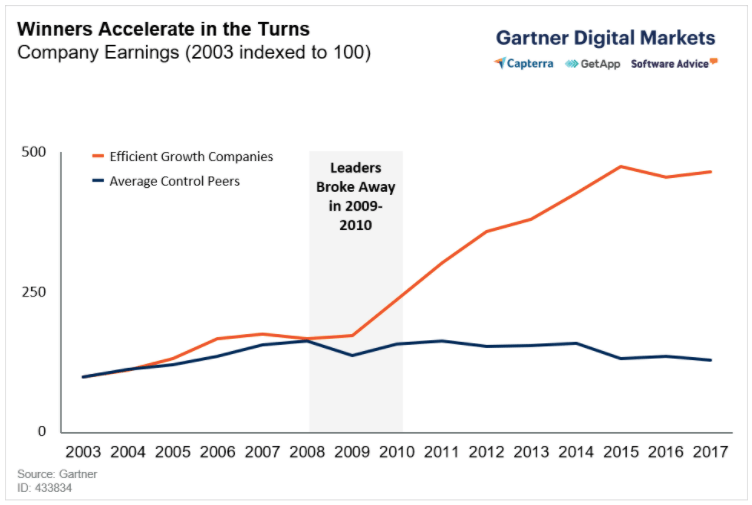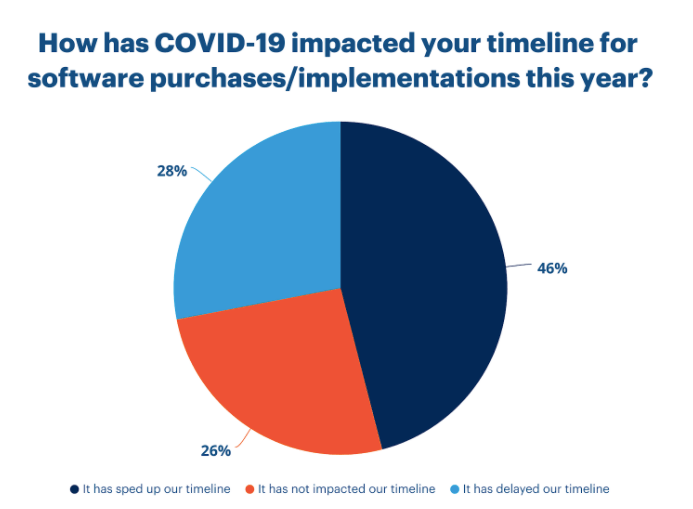How to Recover From a Business Crisis: Software & SaaS Providers
The last year has been a rollercoaster in terms of crisis management for SaaS startups, mid market and large enterprise B2B tech companies. As the tech companies begin to adjust their plans from surviving the Covid crisis to full-on recovery mode, here are some considerations and planning strategies from Gartner to help ensure a sustainable transition:
1: Apply recovery lessons from the last recession
The last great recession from 2007–2008 can offer some valuable lessons to help navigate the current cycle. For instance, while halting or decreasing spending can seem like a natural reaction to economic uncertainty, in a comparison of companies that were on equal footing with each other in 2008, those with contingency plans focused on strategic initiatives and investments broke out of the recession at a much more accelerated recovery rate compared to those that halted spending.
Software and SaaS providers can invest in crisis management plans to grow efficiently coming out of the disruption caused by COVID-19 crisis by investing in a three-pronged approach to recovery:
- Lead generation and engagement (see how Account Based Advertising can help you engage leads at the 2nd lowest cost per engagement, after lead nurture emails).
- Customer reviews.
- Landing page and marketing collateral optimization.
2: Act now for future success during crisis recovery
Gartner's research shows that, far from waiting to implement new initiatives, 72% of the businesses surveyed in their Digital Transformation Survey are either spending at the same rate or accelerating software purchasing -- so B2B businesses should plan to be ready for these companies. Even buyers in industries that declined during the pandemic are beginning to return as the economy enters recovery.
3: Focus next on a new business approach
Gartner suggests that another effect of the COVID-19 pandemic on buyer behavior may be a blurring of weekend and weekday activity online. This could have impacts on the efficacy of ad serving strategies such as dayparting — the dated pay-per-click (PPC) bidding strategy of adjusting PPC campaign bids to save money or reach target audiences.
One savvy strategy might be to replace previously more rigid ad serving rules such as dayparting with more fluid personalization tactics, which might be more responsive to individual prospects' or buying groups' interests.
Want more? Read the full article on Gartner.
Liz Mallett • Apr 12, 2021




